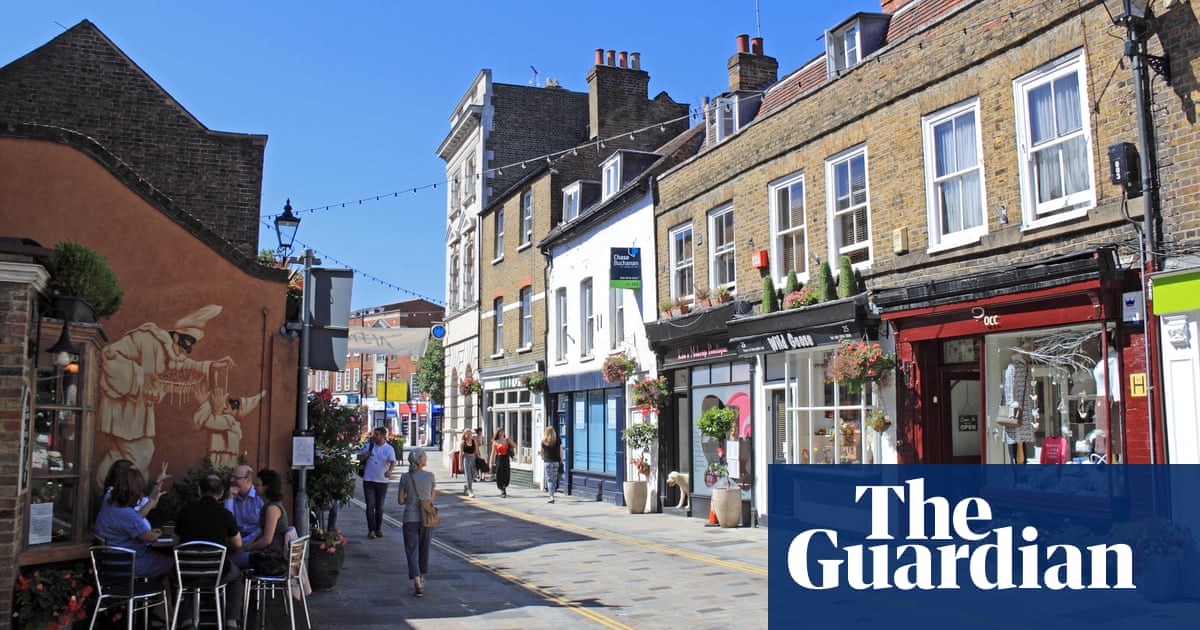
Priti Patel faces mounting calls to publish the scientific advice behind the 14-day quarantine period for new arrivals to the UK, after the government’s chief scientific adviser declined to fully endorse such a blanket policy.
Speaking at the regular No 10 press conference, Sir Patrick Vallance said the advice from the Sage advisory committee was that quarantines worked best when infection rates inside a country had dropped, but also when applied to countries with high rates of coronavirus.
The quarantine plan, unveiled by the home secretary in the Commons to a sometimes hostile reception from Conservative MPs, does not distinguish between countries of varying infection rates, with the only exceptions being for certain professions, such as freight drivers.
Asked about the issue at the press conference, Vallance stressed the decision was ultimately one for ministers. “The Sage advice from the experts in this area is that the measures like this are most effective when the number of cases is very low, and they’re most effective when they’re applied to countries from higher rates,” he said.
He added: “And the judgment of that time is, of course, not something for us, it’s something for politicians to make. They make the policy, and they make the timing decisions.”
With a number of Tory MPs, among them the former prime minister Theresa May, expressing concern at the quarantine, both from the point of view of its effectiveness, and its impact on the travel and aviation sectors, Patel told the Commons the measures would be in place from 8 June and would be reviewed in three weeks.
A breach of self-isolation could result in a £1,000 fixed penalty notice in England or potential prosecution.
Under the quarantine plans, self-isolating arrivals are permitted to leave the house to buy food and medicine for themselves or others in the household, including pets, where it is not possible to obtain the provisions in any other manner, as well as to attend funerals, court hearings and to access critical public services, such as social services.
Critics have challenged the government over its decision to introduce such a stringent policy at this stage of the pandemic, particularly as there was no enforced quarantine for any arrivals in late February and early March when the virus was raging in countries such as Italy and Spain.
The shadow home secretary, Nick Thomas-Symonds, called for the government to publish the scientific advice, saying there was concern the quarantine plan was a “fudge to try to spare the government embarrassment for failing to grip this issue at the right time”.
The Conservative former international trade secretary Liam Fox said: “I’m afraid I simply cannot get my head around the public health mental gymnastics of this policy. If such a barrier was required, why was it not introduced earlier in the outbreak?”
Patel told MPs that Sage would publish advice in due course, while advice from within the Home Office would be provided to the home affairs select committee.
May expressed her concerns earlier, during an urgent question on the aviation industry, sought by Huw Merriman, the Conservative MP who chairs the transport select committee.
“International air travel is necessary for trade,” the former prime minister said. “Without it there is no global Britain. So instead of bringing in measures to close Britain off from the rest of the world, why is the government not taking a lead in developing an international aviation health screening standard, to save jobs and ensure that Britain is open for business?”
Discontent among Conservatives has also been fuelled by being unable to answer questions from constituents about whether they might be able to go abroad this summer.
“There’s lots of scepticism around the quarantine plans,” one Tory MP. “Many MPs don’t want to stop their constituents going on foreign holiday after their sacrifices during lockdown.”
One Conservative MP expressed frustration at the quarantine plan: “Most people think it’s mad: slamming the stable door after the horse has bolted. It has only gone down well with the ‘Blame Johnny Foreigner’ brigade.”
Asked at the press conference whether people should book holidays, Johnson only pointed to Foreign Office plans warning against such travel for now.
While a number of Tories have urged the use of “air bridges”, mutual quarantine-free agreements with other nations, Johnson urged caution: “We will explore the possibility of international travel corridors with countries that have low rates of infection – but only when the evidence shows that it is safe to do so.”
Whereas countries such as Portugal and France have sent positive signals that they are open to some form of travel arrangement, others have underlined the challenges raised by approving travel to and from the UK. Denmark said on Friday it would not consider opening its border to travel to or from the UK until 31 August at the earliest.












